Description
Edmund Burke, a prominent figure in political philosophy and statesmanship during the late 18th century, continues to captivate scholars and enthusiasts alike. In “Edmund Burke: A Biography of His Vision and Ideas,” authors Subrata Mukherjee and Sushila Ramaswamy provide an extensive exploration of Burke’s life, ideas, and enduring legacy. This comprehensive biography delves into the depths of Burke’s philosophical and political contributions, shedding light on his conservative worldview and the impact he had on subsequent generations. With meticulous research and a nuanced approach, Mukherjee and Ramaswamy bring Burke’s story to life, making it an indispensable resource for anyone seeking a deeper understanding of this influential thinker.
In “Edmund Burke: A Biography of His Vision and Ideas,” Mukherjee and Ramaswamy take readers on a remarkable journey through the life of Edmund Burke. The biography begins by exploring Burke’s early years, providing insights into his upbringing, education, and formative experiences. The authors delve into Burke’s political career, examining his role in the British Parliament and his writings on important issues of his time, such as the American Revolution and the French Revolution.
Throughout the book, Mukherjee and Ramaswamy skillfully analyze Burke’s philosophical ideas and their implications for politics and society. They discuss his belief in tradition’s importance, gradual reform’s significance, and the dangers of radical ideologies. The authors also examine Burke’s thoughts on the role of government, the relationship between the individual and society, and the need for a balance between stability and change.
With a keen eye for historical context, the authors paint a vivid picture of the turbulent times in which Burke lived. They highlight his interactions with key figures of the era, including Samuel Johnson, David Hume, and Charles James Fox, providing a rich tapestry of intellectual exchange and political maneuvering. The biography culminates in an exploration of Burke’s enduring influence on subsequent generations and his relevance in today’s political landscape.
Mukherjee and Ramaswamy’s Edmund Burke biography is a remarkable scholarly achievement. Their meticulous research and comprehensive analysis offer readers a profound understanding of Burke’s vision and ideas. The authors carefully navigate the complexities of Burke’s thought, providing nuanced interpretations and shedding light on the philosophical underpinnings of his political positions.
One of the book’s strengths lies in its ability to connect Burke’s ideas with the historical context in which he lived. By exploring the tumultuous events of the late 18th century, such as the American and French Revolutions, the authors illustrate the profound impact these events had on Burke’s thinking. They show how Burke’s philosophy emerged as a response to the excesses of revolutionary fervour, emphasizing the importance of tradition, order, and gradual change.
Mukherjee and Ramaswamy also delve into the criticisms and controversies surrounding Burke’s ideas. They acknowledge the limitations and inconsistencies in his thought, such as his support for British colonialism. However, they argue that these flaws do not diminish the significance of his broader contributions. By engaging with both Burke’s strengths and weaknesses, the authors present a balanced and nuanced assessment of his legacy.
“Edmund Burke: A Biography of His Vision and Ideas” stands out among other biographies of Burke due to its comprehensive and scholarly approach. While other biographies may focus on specific aspects of Burke’s life or ideas, Mukherjee and Ramaswamy provide a holistic exploration that encompasses both. Their book combines detailed biographical information with a rigorous analysis of Burke’s political and philosophical thought, offering readers a comprehensive understanding of his vision and ideas.
Moreover, the author’s interpretation of Burke’s legacy sets their biography apart from others. They argue that Burke’s ideas continue to resonate in contemporary political discourse, serving as a reminder of the importance of prudence, tradition, and incremental change. By drawing parallels between Burke’s time and our own, Mukherjee and Ramaswamy highlight the enduring relevance of his thought, making their biography particularly timely and thought-provoking.
“Edmund Burke: A Biography of His Vision and Ideas” explores several central themes that shaped Burke’s worldview and continue to be relevant today. The authors emphasize Burke’s belief in the importance of tradition and inherited wisdom, which he saw as safeguards against the dangers of radical ideologies and unchecked change. They also highlight his scepticism of abstract political theories and his emphasis on practical wisdom grounded in experience.
Another significant theme explored in the biography is Burke’s critique of revolution and his preference for gradual reform. The authors elucidate Burke’s concern with the unintended consequences of radical upheaval, arguing that his vision of society rested on the notion of organic development and the preservation of established institutions.
Additionally, the biography highlights Burke’s ideas on the relationship between the individual and society. Mukherjee and Ramaswamy delve into Burke’s belief in the social contract, the role of government as a protector of individual rights, and the dangers of excessive state power.
“Edmund Burke: A Biography of His Vision and Ideas” offers a comprehensive portrayal of the life and character of Edmund Burke. The authors skillfully bring Burke to life, depicting him as a complex and multifaceted individual. They present his intellectual brilliance, his rhetorical skills, and his unwavering commitment to his principles.
Mukherjee and Ramaswamy also explore the relationships Burke had with his contemporaries, portraying figures such as Samuel Johnson and Charles James Fox in vivid detail. Through their portrayal of these characters, the authors provide insights into the intellectual and political climate of the time, highlighting the influences and interactions that shaped Burke’s thinking.
About the Author:
Subrata Mukherjee and Sushila Ramaswamy, both esteemed scholars in the field of political philosophy, bring their expertise to bear in “Edmund Burke: A Biography of His Vision and Ideas.” Mukherjee is known for his deep understanding of conservative political thought, while Ramaswamy has extensively researched Enlightenment thinkers and their influence on political theory. Their combined expertise and passion for the subject matter are evident throughout the biography.
Mukherjee and Ramaswamy’s writing style in “Edmund Burke: A Biography of His Vision and Ideas” is scholarly yet accessible. They present complex ideas with clarity, making the biography suitable for both academic readers and general enthusiasts. The authors’ prose is engaging and fluid, guiding readers through intricate philosophical concepts while maintaining a coherent narrative thread.
They skillfully weave primary and secondary sources, incorporating historical anecdotes and quotations to enrich the text. The result is a well-researched and engaging biography that captures the essence of Burke’s thought and presents it in an informative and enjoyable manner.
What People Say About This Book:
“Edmund Burke: A Biography of His Vision and Ideas” has garnered widespread acclaim from scholars, reviewers, and readers. Critics laud Mukherjee and Ramaswamy’s meticulous research, comprehensive analysis, and their ability to connect Burke’s ideas to the broader historical context. The biography is praised for its nuanced interpretation of Burke’s legacy, presenting a balanced assessment of his contributions and limitations.
Readers appreciate the author’s accessible writing style, which makes complex ideas understandable without sacrificing depth. They highlight the biography’s relevance in contemporary political discourse, as it prompts reflection on the enduring relevance of Burke’s ideas in our rapidly changing world.
- Meticulous research and comprehensive analysis
- Nuanced interpretation of Burke’s vision and ideas
- Well-balanced assessment of his contributions and limitations
- Skillful integration of historical context and philosophical concepts
- Engaging and accessible writing style


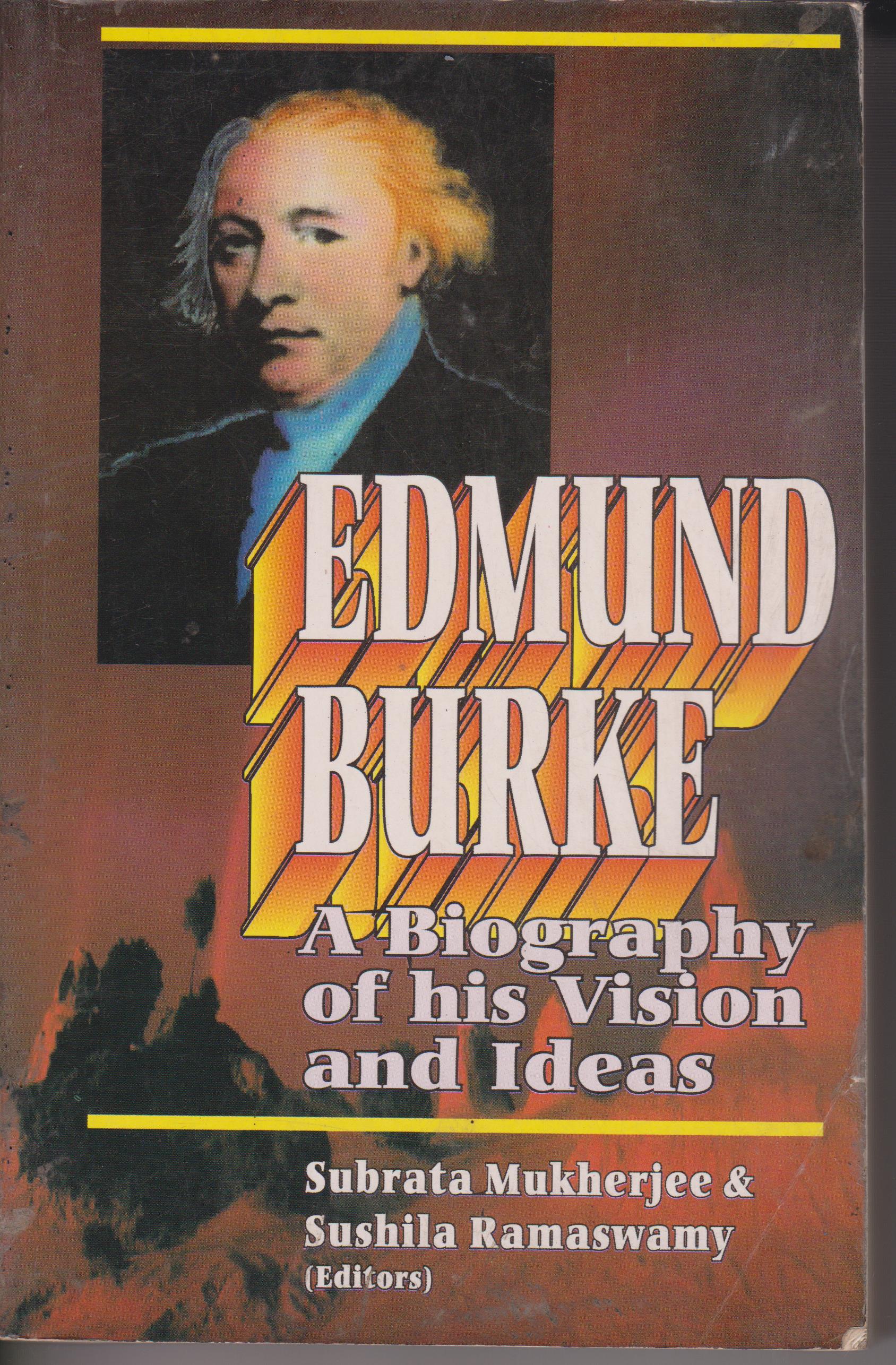
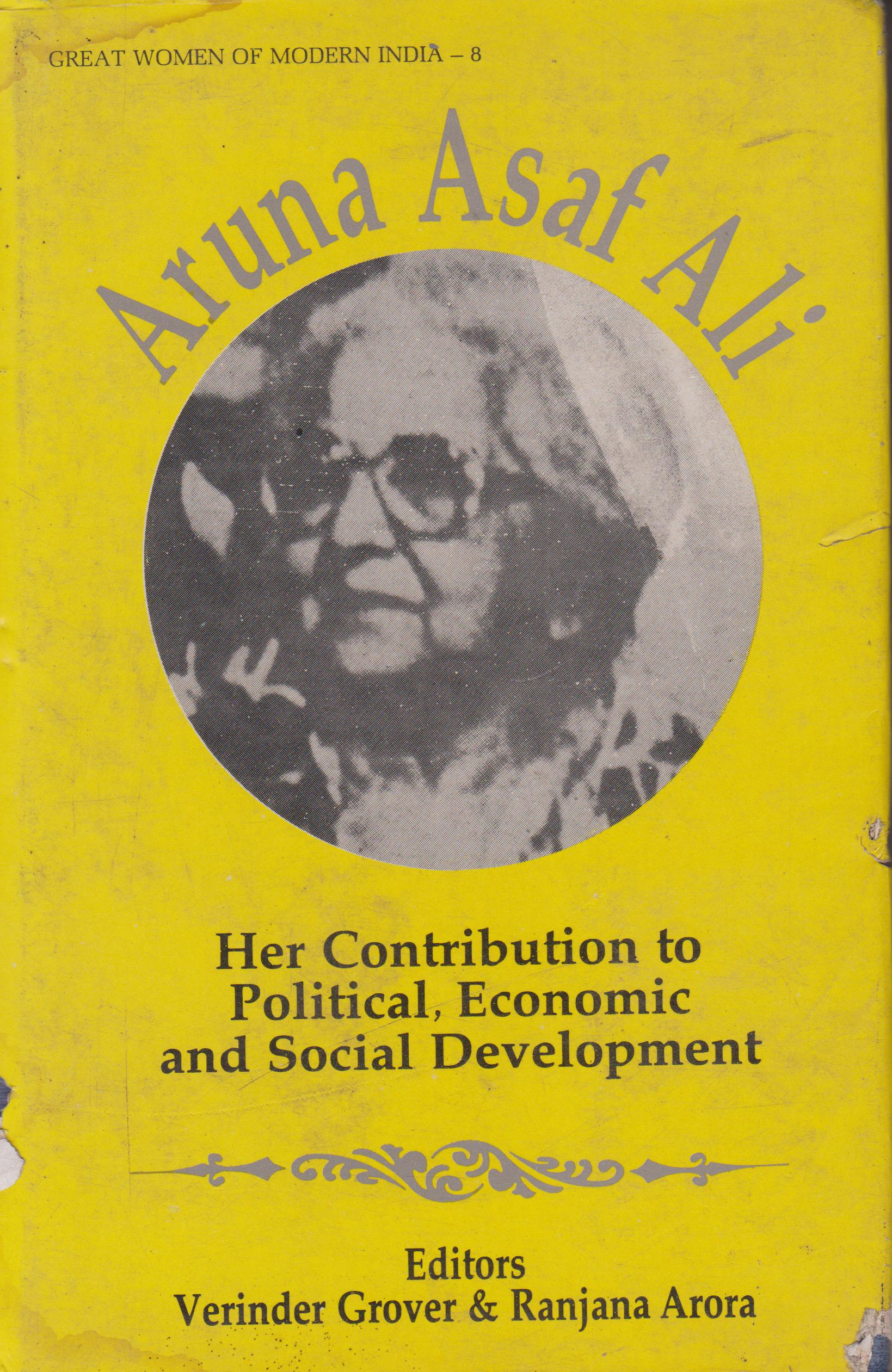
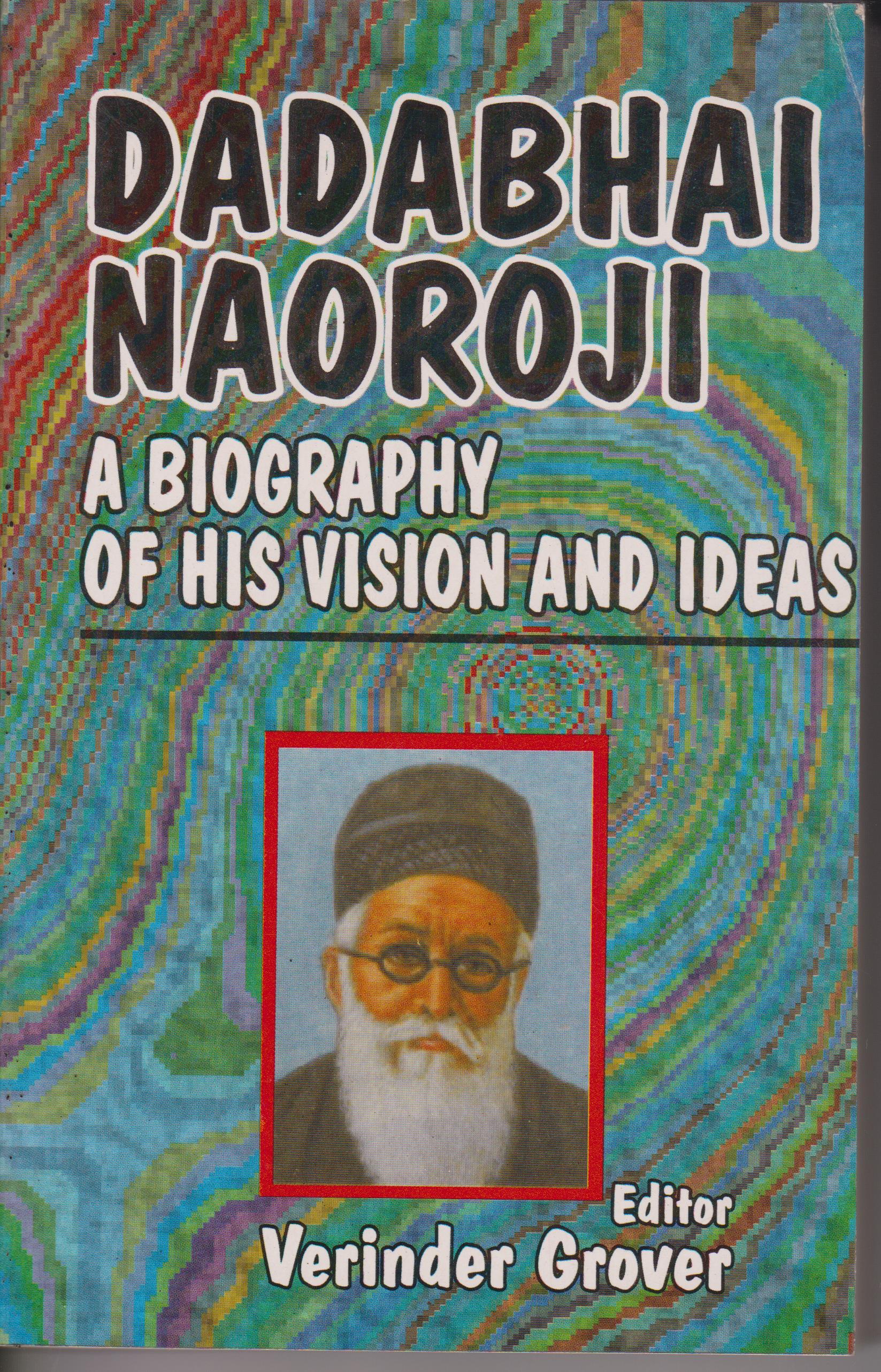
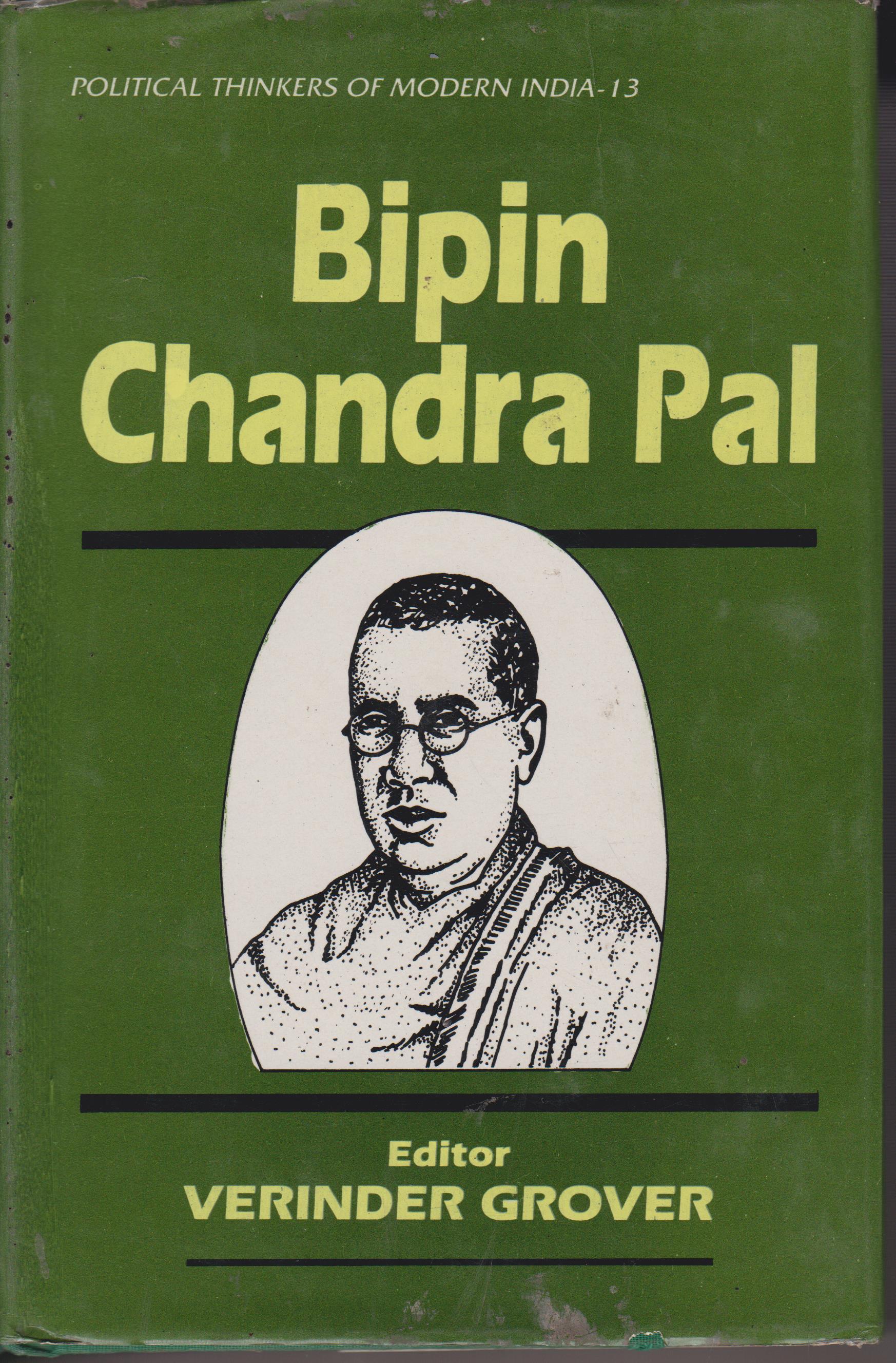
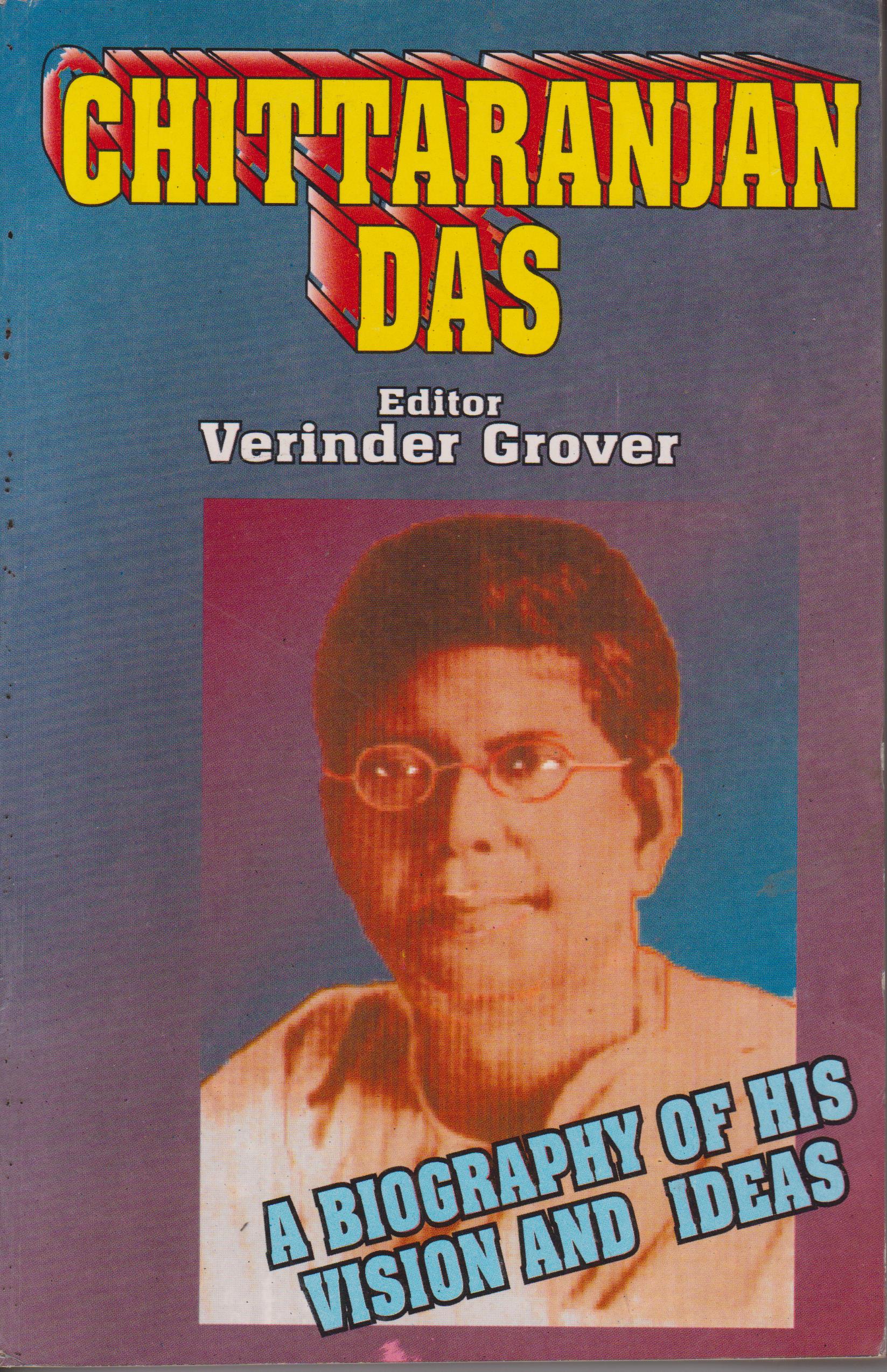
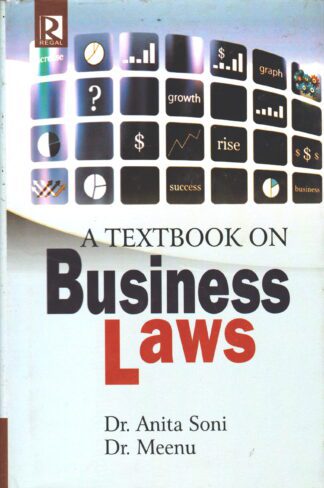
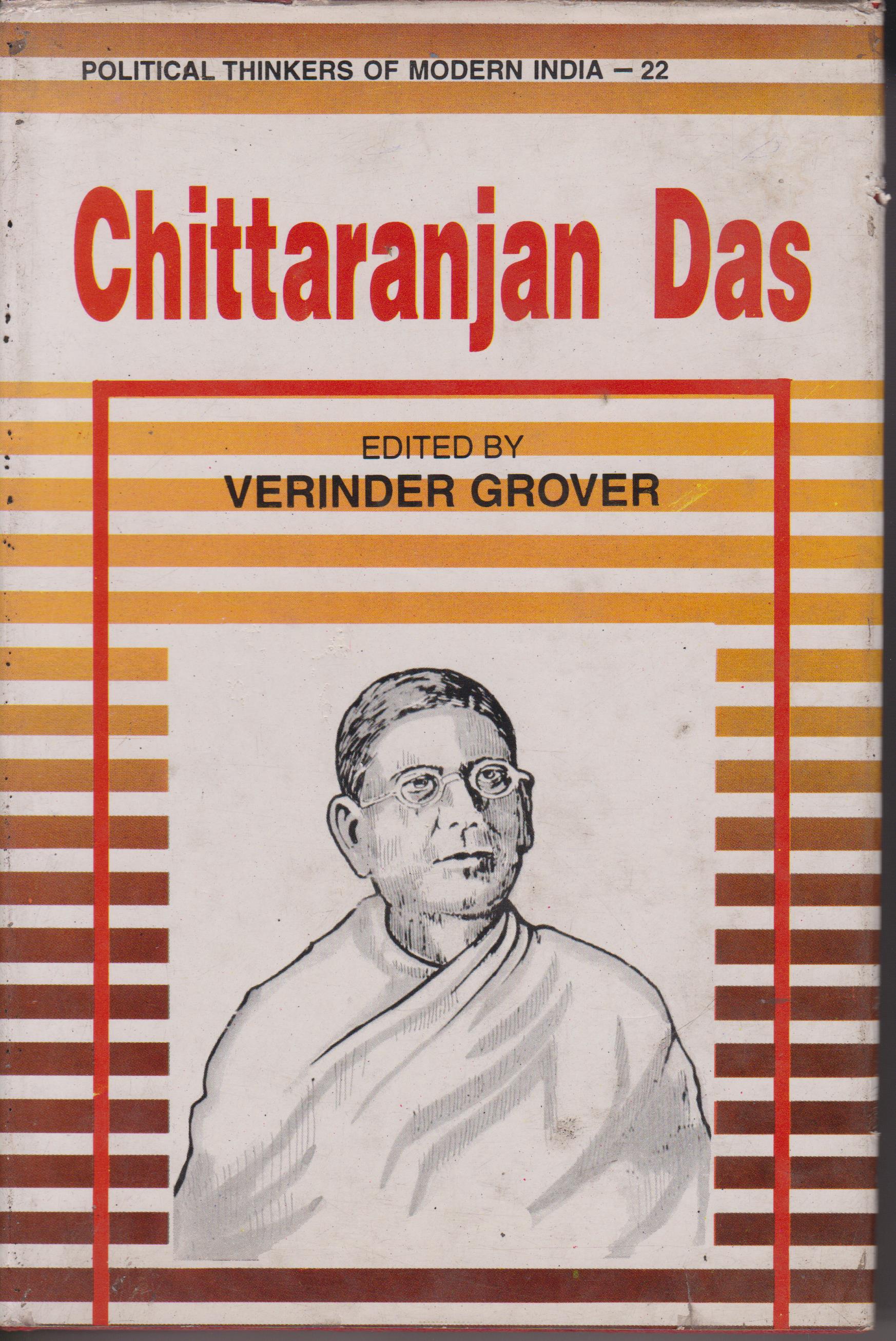
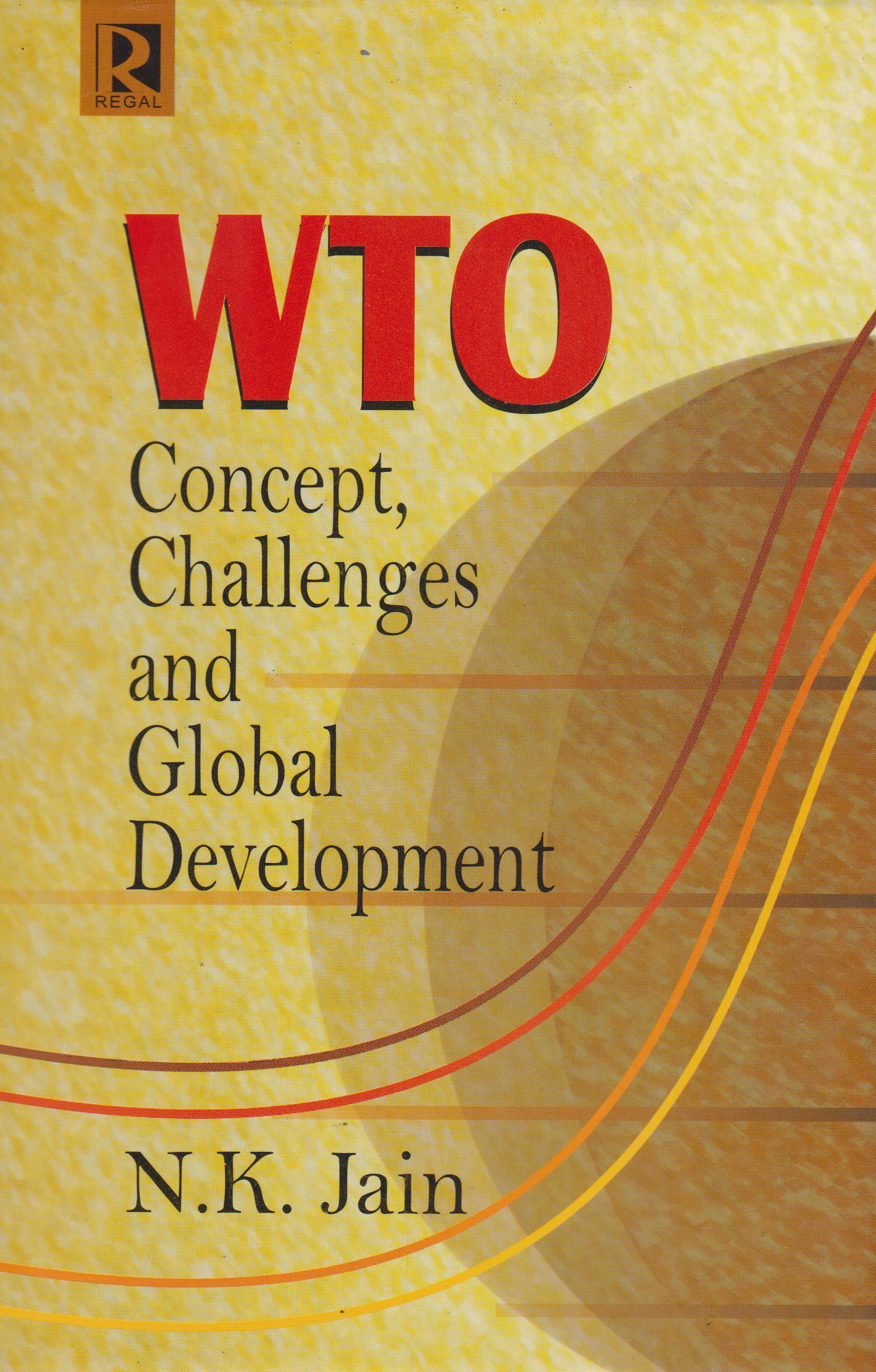

Reviews
There are no reviews yet.